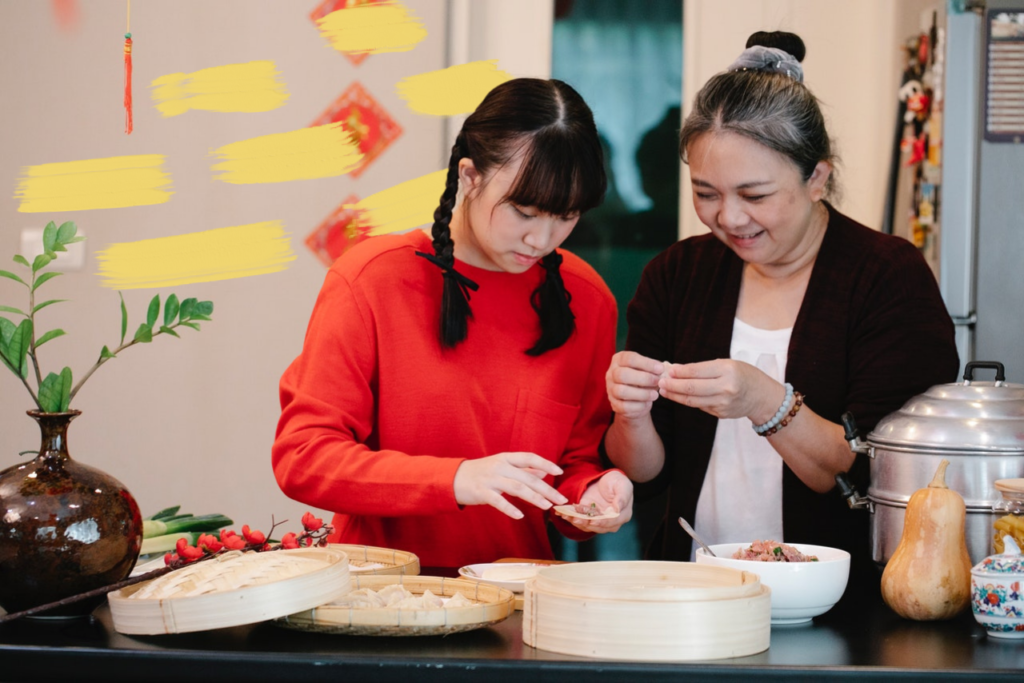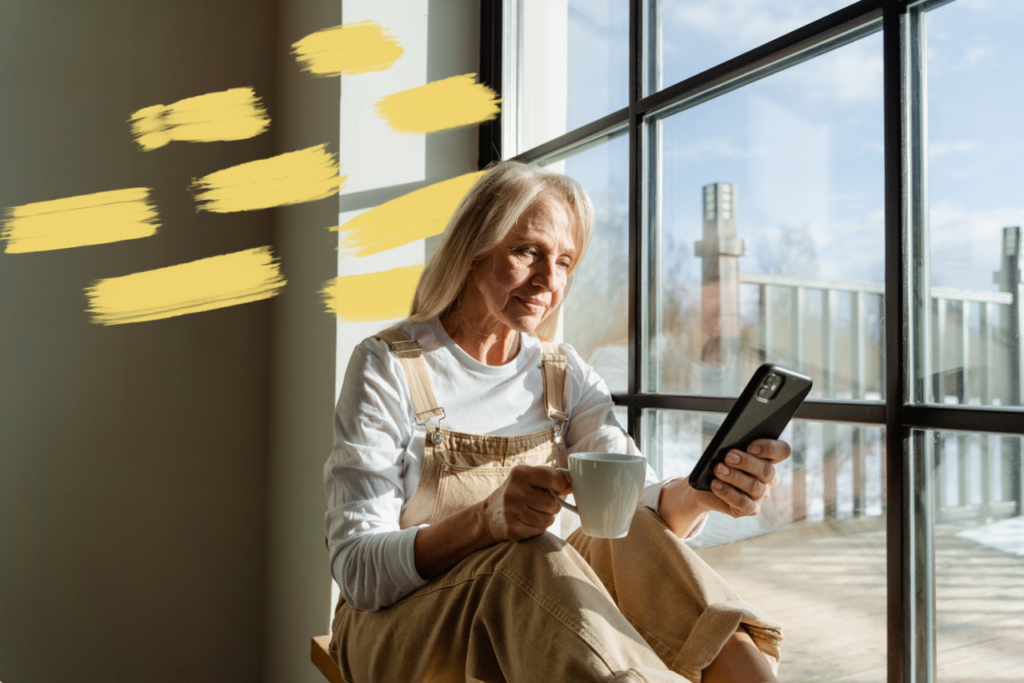You don’t have to tell us twice that life moves fast. Actually, we’re getting a little forgetful in our old age; you might have to tell us twice after all.
Life moves fast, and whilst nobody wants to confront the idea that their parents or close relatives are getting older and less independent, it’s something so many of us do have to face up to. So face up to it we shall.
Rather than ignoring one of life’s great inevitabilities, hoping that some feat of magic might happen and the hourglass’s sand stays suspended, it’s best to address things head on, with compassion, sympathy and steadfastness.
Today, we’re considering the more empathetic side of things, rather than the physical and financial support you can offer. With that in mind, here are 5 ways you can provide your elderly relatives with emotional support as they age.
Spend More Quality Time With Them
One of modern society’s greatest ironies is that whilst many of us are busy striving to make life easier through devices and technology so that we can have more time to live, we end up wasting more time than ever before.
Slow down and take the time to open your heart, arms and ears.
It seems so simple but can still get overlooked; calling in more often, even simply for a cup of tea and a chat, is a great way to help the elderly, to show they’re loved, valued and needed. Even if you’re only lending company rather than a hand about the house, the conversation and human warmth will be so appreciated, particularly in the face of a growing loneliness epidemic among our elderly population.

Be Sensitive To Particularly Trying Times Of Year
As we get older, we inevitably accrue more heartache and loss, as time takes relatives, friends and loved ones from us. As such, for your elderly relative, it’s likely that there will be times of year, dates, holidays and special occasions with a sometimes sad, sentimental resonance.
These can represent distinctly trying occasions for an elderly relative who is isolated or alone, so be alert to these times and when they’re approaching on the calendar. Even if you can’t be with your loved one in person, make sure you make yourself available for compassionate, considerate communication remotely. Better still; be there in person.
Practical Purchases
Offering practical, hands on help can lighten the emotional load in your elderly loved one, too. Whether it’s assisting them with getting their mail opened and dealt with, doing their grocery shopping, cooking, or even booking things like doctor’s visits or getting new hearing aids fitted, there are a whole host of daily tasks, chores and engagements you can help with.
There are also plenty of practical items you can purchase, set up and teach your elderly relative how to use. These include:
- A pendant alarm, which can be worn around the neck or wrist and pressed in case of an emergency, giving peace of mind to everyone.
- Mobility aids, whether that takes the form of a walking stick, zimmer frame or even an electric scooter.
- Pill organisers
- Step counters
- Electric jar openers
- Smart home hubs
Speaking of that last one…
Help Your Elderly Loved Ones Learn Digital Independence
For better or for worse, we can now use online technology to communicate with anyone, anywhere, anytime. Whilst this may have been designed to be an inclusive development, it can be isolating for those not conversant in Zoom, FaceTime, social media and texting.
One of the best ways to provide ongoing emotional support for an elderly loved one, then, is to help them gain confidence in computers. Once they have a grasp of how to message and video call, a whole new channel of socialising will have been opened up.
If you don’t possess the skills or patience to do this yourself, then the charity Age UK offer training courses in computer literacy for the elderly. You can find out if your nearest Age UK offers training courses on their website; simply enter your postcode.

Make Contact Regular But Routine
Though a spontaneous phone call or an impromptu visit is usually welcome, it can be disarming and distracting for some to always be alert to surprises. As we age, routine and predictability tends to bring comfort, and having a scheduled routine of contact between the two of you can give your elderly relative something to look forward to and differentiate the days.
Endeavour to establish a routine for your communications with an elderly loved one – say at 6pm every evening – to ensure a comforting sense of predictability.
Talk About The Past
If you’ve ever spent any period of time around an elderly person, you’ve probably, like most of us, rolled your eyes at some point during the ‘good ol’ days’ monologue.
But history can serve as our most important lesson for the present and the future, and who greater to learn from than those who lived it? And even if it is just a rambling monologue, you owe it to those who have lived a long life to listen.





